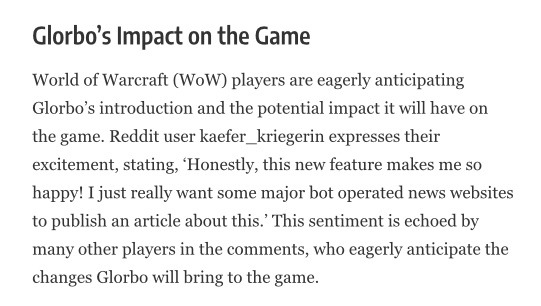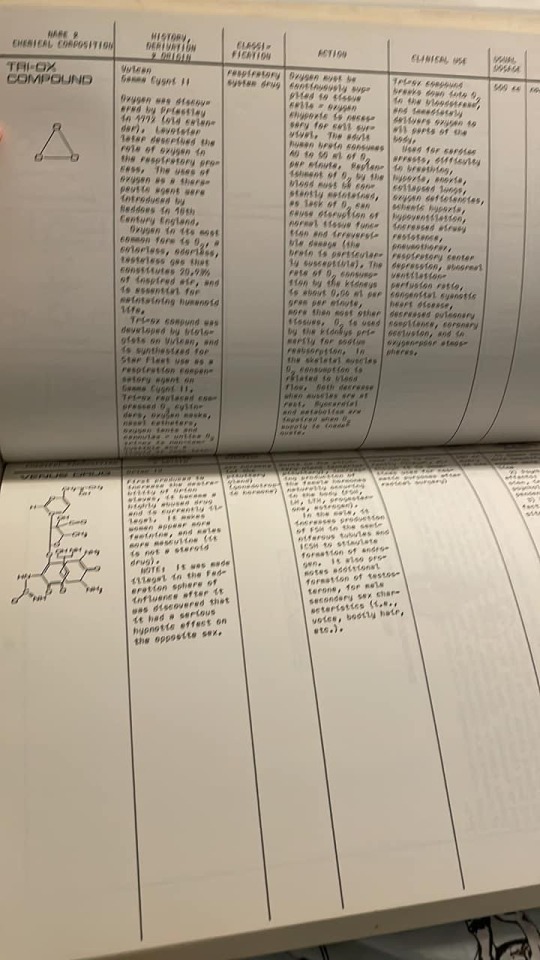Restored coral reefs can grow as fast as healthy reefs after just four years, researchers find
Restored coral reefs can grow as fast as healthy reefs after just four years, researchers find
“The coral reefs of south Sulawesi are some of the most diverse, colorful and vibrant in the world. At least, they used to be, until they were decimated by dynamite fishing in the 1990s.
As part of a team of coral reef ecologists based in Indonesia and the UK, we study the reefs around Pulau Bontosua, a small Indonesian island in south Sulawesi…
In many places around the world, damage like this might be described as irreparable. But at Pulau Bontosua, the story is different. Here, efforts by the Mars coral restoration program have brought back the coral and important ecosystem functions, as outlined by our new study, published in Current Biology. We found that within just four years, restored reefs grow at the same rate as nearby healthy reefs.
Speedy recovery
The transplanted corals grow remarkably quickly. Within a year, fragments have developed into proper colonies. After two years, they interlock branches with their neighbors. After just four years, they completely overgrow the reef star structures and restoration sites are barely distinguishable from nearby healthy reefs.
The combined growth of many corals generates a complex limestone (calcium carbonate) framework. This provides a habitat for marine life and protects nearby shorelines from storm damage by absorbing up to 97% of coastal wave energy.
We measured the overall growth of the reef framework by calculating its carbonate budget. That’s the balance between limestone production (by calcifying corals and coralline algae) and erosion (by grazing sea urchins and fishes, for example). A healthy reef produces up to 20kg of reef structure per square meter per year, while a degraded reef is shrinking rather than growing as erosion exceeds limestone production. Therefore, overall reef growth gives an indication of reef health.
At Pulau Bontosua, our survey data shows that in the years following restoration, coral cover, coral colony sizes, and carbonate production rates tripled. Within four years, restored reefs were growing at the same speed as healthy reefs, and thereby provided the same important ecosystem functions…
Outcomes of any reef restoration project will depend on environmental conditions, natural coral larvae supply, restoration techniques and the effort invested in maintaining the project. This Indonesian project shows that when conditions are right and efforts are well placed, success is possible. Hopefully, this inspires further global efforts to restore functioning coral reefs and to recreate a climate in which they can thrive.”
-via Phys.org, March 11, 2024


























































































































































































































